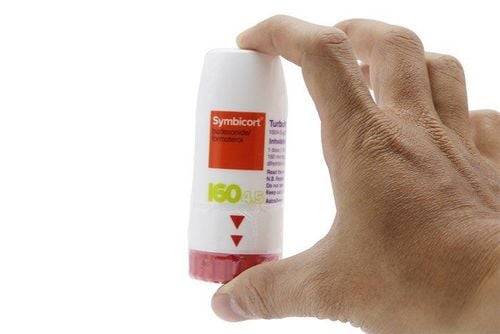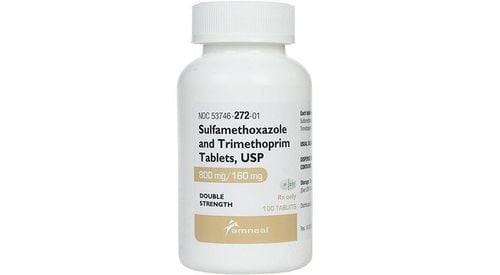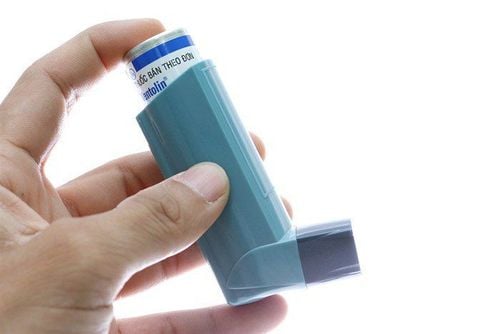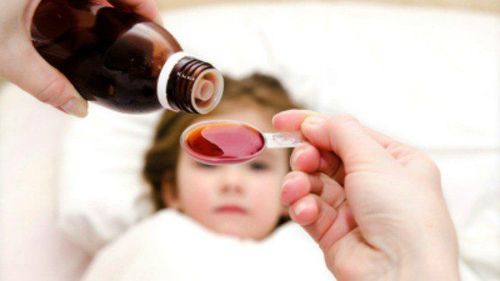This is an automatically translated article.
The article was written by Professor, Doctor, Doctor Pham Nhat An - Director of the Center for Pediatrics and Head of Pediatric Inpatient Department - Vinmec Times City International General Hospital.Upper respiratory tract infections often occur at the time of season change, when it is cold, the humidity in the air is low, children can get this disease about 6 to 8 times a year. To help parents know how to take care of their children, detect and treat them promptly when their children have an upper respiratory infection at home, here are the instructions of Prof. Dr. Pham Nhat An - Director of the Pediatric Center at Vinmec Times City Hospital.

Nhiễm khuẩn đường hô hấp trên ở trẻ là tình trạng nhiễm trùng cấp tính ở đường hô hấp trên do ảnh hưởng của các vi sinh vật gây bệnh. Bệnh thường xảy ra vào thời điểm giao mùa (khoảng tháng 9 đến tháng 3)
1. Causes of upper respiratory tract infections Viruses. Due to bacteria. Due to a cold. In addition, because children's immune systems are still weak, they are prone to respiratory infections such as nasopharyngitis, tonsillitis, V/A, sinusitis, and otitis media.
2. Favorable conditions cause upper respiratory tract infections Due to changes in weather, especially when the seasons change. The disease usually occurs at the time of season change (about September to March), when it becomes cold, the humidity in the air decreases. The disease is more common in premature infants, low birth weight, malnourished, immunocompromised, or chronically ill and not breastfed. Children live in cramped, polluted, poor sanitation, smoke, and tobacco environments. The environment has a source of transmission: children breathe in secretions containing bacteria or viruses that are sprayed by an infected person when they sneeze, have a runny nose, children hold contaminated objects and toys that are contaminated with secretions or are present. of pathogenic microorganisms.
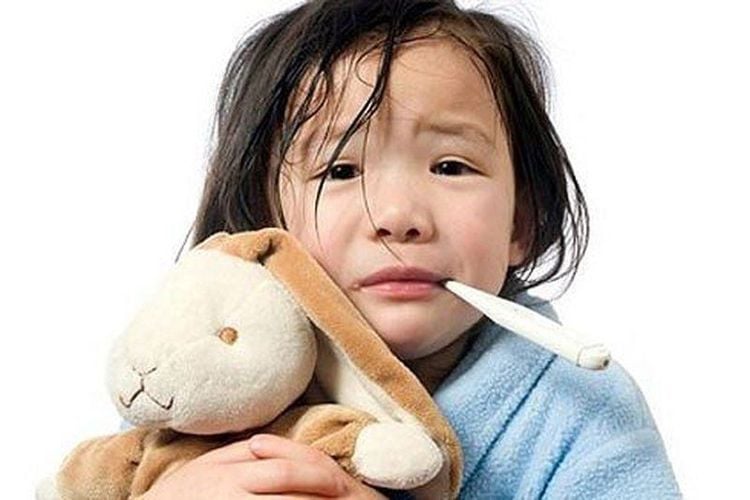
Thời tiết thay đổi đặc biệt là khi giao mùa, mùa lạnh là điều kiện thuận lợi gây bệnh
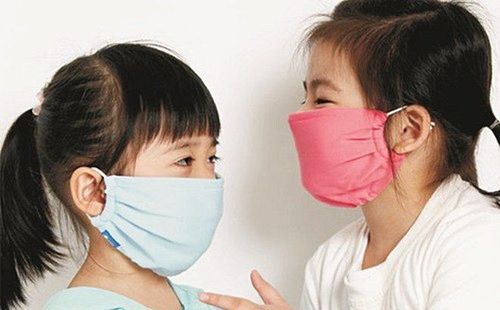
Hạn chế đưa trẻ đến nơi đông người trong mùa dịch bệnh, mang khẩu trang khi tiếp xúc với người bệnh
In addition, in order to prevent upper respiratory tract diseases during the change of seasons, parents should pay attention to nutrition to improve resistance for children. At the same time, add supporting foods containing lysine, essential micro-minerals and vitamins such as zinc, chromium, selenium, B vitamins,... snacks and less digestive problems.
Parents can learn more:
Why do you need to supplement Lysine for your baby?
The role of zinc - Guidelines for reasonable zinc supplementation
Please visit the website Vinmec.com regularly and update useful information to take care of your baby and family.






